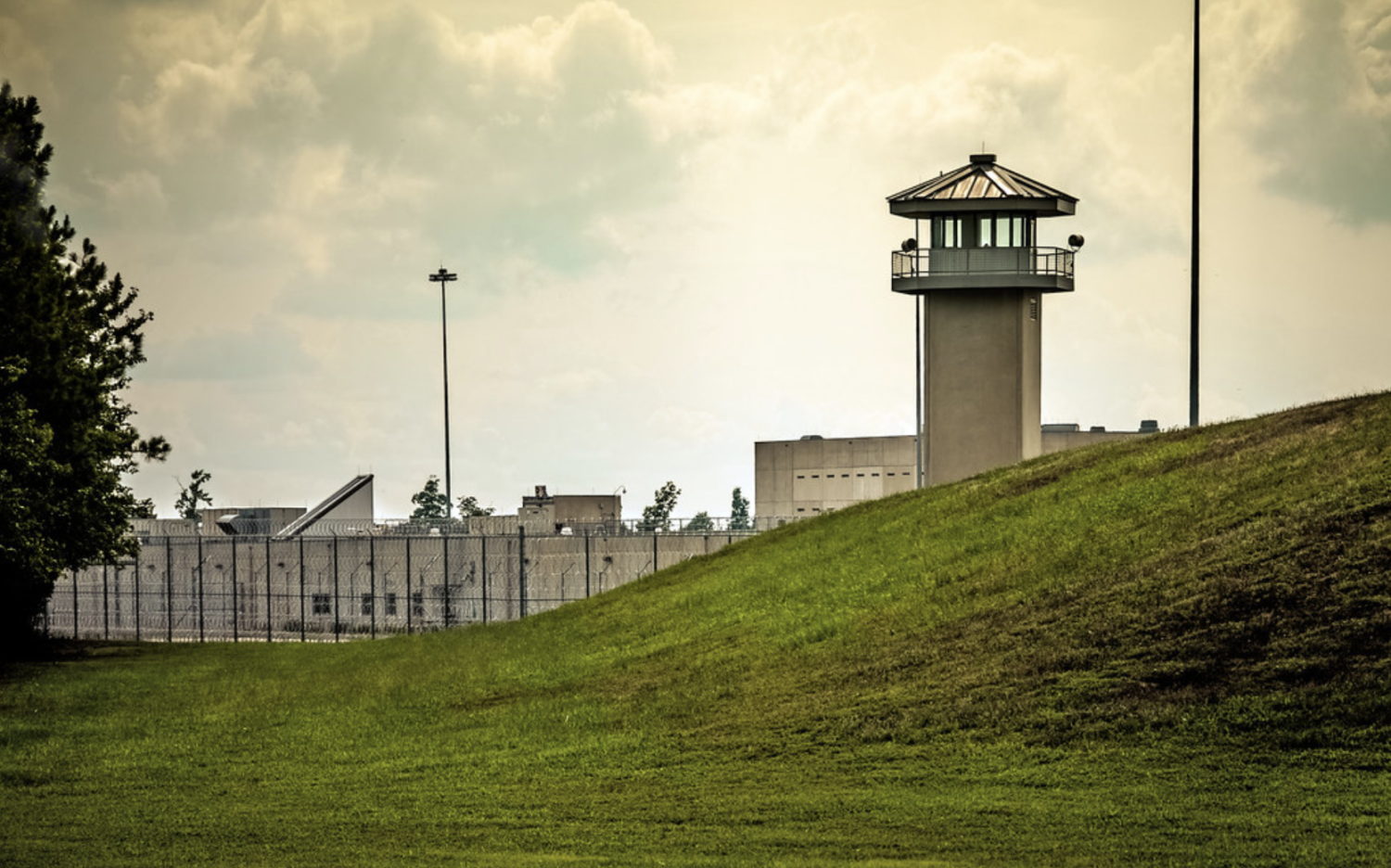The last Supreme Court case to deal explicitly with the constitutionality of the death penalty –– particularly charges that it violates the “cruel and unusual punishment” clause of the Eighth Amendment –– was heard in 1976. Gregg v. Georgia was decided 7-2 in favor of upholding the legality of capital punishment. In the 44 years since Gregg, over 1500 people have been executed by state governments. But there have only been 13 federal executions in that same time, three under President George W. Bush and ten under President Trump. In fact, the most recent execution of someone on federal death row occurred yesterday, January 13.
The Federal Bureau of Prisons’ data on executions only goes back to 1927. Unsurprisingly, the president who has presided over the most federal executions since then, Franklin D. Roosevelt, was in the White House the longest. FDR’s Justice Department executed eleven people; by the end of January, Trump’s Justice Department will have executed thirteen. What is perhaps most harrowing about Trump’s “achievement” is that he will have it done it all in just six months. The Trump Justice department’s first execution occurred on July 14th; the last is scheduled for January 15th.
The second to last person scheduled for execution in 2020 was Brandon Bernard. He had been on death row for 22 years, the entirety of his adult life. In 1999, when Bernard was 18, he was an accomplice to the murder of two pastors in Waco, Texas. He and some friends had initially planned to rob the victims, but one of his friends grew agitated and suddenly shot and killed the two in the trunk of a car. Bernard then set the car on fire and fled the scene.
Over the last few months, Bernard’s family organized a concerted movement to halt his execution. The website they created on his behalf, helpsavebrandon.com, is filled with information regarding Bernard’s difficult adolescence, his case, and the dehumanizing nature of death row. They are not alone, either. One of the prosecutors in Bernard’s case wrote a compelling op-ed in his favor in the IndyStar (Bernard was being held at United States Penitentiary, Terre Haute), and five of the case’s nine surviving jurors spoke out against the execution. Bernard even received the support of Kim Kardashian West, who had some success in her advocacy for presidential pardons earlier in Trump’s term. Despite these efforts, Bernard was executed at 9:27 p.m. on December 11th.
The Bernard case raises important questions on the application of the death penalty. Moore, the ex-federal prosecutor, argued that Bernard’s excellent behavior in prison merited a reconsideration of his case. The average person facing capital punishment in the United States sits on death row for about fifteen years. If, in that time, someone demonstrates true, lasting change, is the death penalty still warranted? His family, on the other hand, insists that Bernard’s crime never merited capital punishment. Calvin Kruger, one of the jurors on the case, made much the same argument, writing that Bernard “was not the ringleader behind these offenses, but a follower.” Exactly how do we decide what constitutes a capital crime? If that process changes over time –– if we decide that one crime is no longer capital –– should verdicts be overturned? The criminal justice system as it stands suffers no burden to retract old decisions or reconsider them in light of new legislation or moral sentiment; but the death penalty, perhaps uniquely and irrationally, stretches our comfort with this reality.
The universal standard for conviction is “proof beyond a reasonable doubt.” Implicit in that standard is the fact that the justice system is incapable of truly proving anything; every judgment involves some degree of doubt. We are willing to stomach this standard, which is inherently prone to faulty verdicts, because we believe that it is the best the justice system can do — that a more rigorous standard would make the state’s job unduly difficult, if not impossible. But there is a particular ultimacy, both physical and philosophical, that comes with capital punishment. Is any doubt really admissible in a decision so irreversible? And beside that, is this standard appropriate for the amount of power capital punishment accords to the state? The death penalty is the final extension of state power through the judicial system; it stands as the greatest manifestation of the government’s monopoly on legitimate violence. Are we willing to accept the same standard from the government to exert this much power as it offers us when it imposes a fine?
This ultimacy extends to presidential power, too. The White House’s allure lies in its transience — the moment one president leaves office, much of what they have accomplished can be hastily reversed. Executive orders can be rescinded, appointments dismissed, and federal policy undone. With Congress’ backing, a new president can even pack courts and abolish agencies. They have the unconditional power to grant pardons, even posthumously. But when January 20th comes along and Biden has rejoined the Paris agreement and canceled student debt and nullified the Muslim ban and ended family separations at the border, the thirteen people Trump’s Justice department will have executed will stay dead, and there is nothing Biden or any president afterwards will be able to do about it.
Image Credit: “Death row prison” by Sky Noir is licensed under CC BY-NC 2.0



